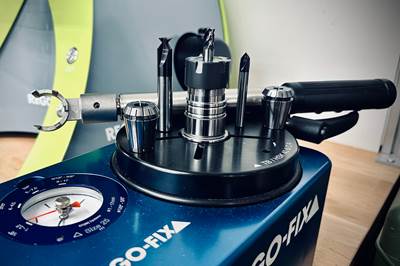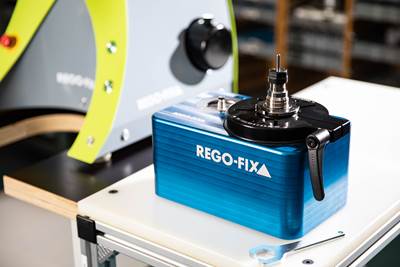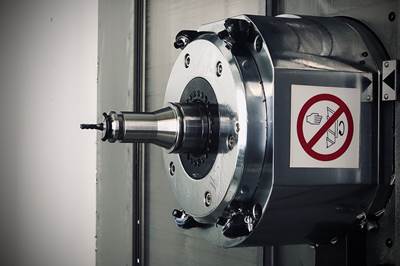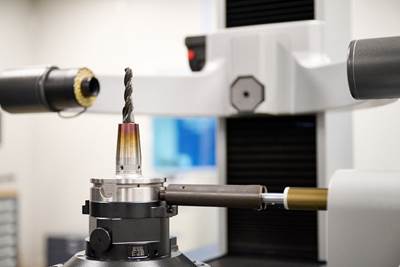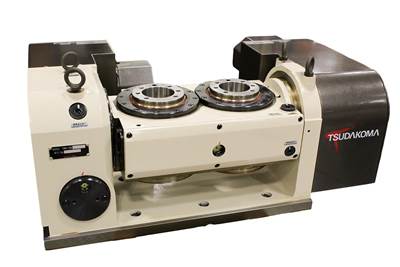Toolholders
The Toolholder is the essential connection between the machining center and the cutting tool. The toolholder fits into and is secured by the machining center’s spindle, and in turn, secures the cutting tool such as a drill or end mill by clamping onto its shank. The taper of the toolholder matches the toolholder interface of the particular spindle. Toolholder tapers are often conical, including CAT and BT taper specifications. A different kind of taper, HSK, is not tapered at all, but instead includes a variety of flanges for securely locking the toolholder in place. Toolholders use different mechanisms for clamping the tool including set screw, collet, hydraulic compression and shrink-fit.





ESSENTIAL READING
VIEW ALLHow to Manage Cutting Tool Inventory in a Small Job Shop — The One-Person Shop #4
Working in short lead times means maintaining a large range of tools to be ready. What is the right way to stock and organize this investment?
WatchCutting Tool Technology Aids Lights-Out Machining Applications
These features can help improve cutting tool stability, standardize cutting performance and extend tool life, enabling shops to confidently run unattended shifts.
Read MoreWhat To Consider When Adding Angle Heads
Angle heads can enable a three-axis machine tool to be more versatile. That said, this shop explains that there’s more to getting started using them than simply loading them into a machine’s spindle.
Read MoreVideo Shows How to Check Toolholder Runout
Here’s a video that explains how to check the runout on a collet chuck toolholder.
Read MoreA Machinist’s Guide to Toolholder Maintenance
Techniks’ “Machinist’s Guide to Toolholder Maintenance” can be a handy reference for inexperienced machinists and shop veterans alike.
Read MoreWhy the Y?
See how Y-axis toolholders enable Swiss-type lathes to realize better chip control.
Read MoreLatest Toolholders News And Updates
Through-Coolant System Cuts Nickel-Alloy Cycle Times by 70%
Decker Machine Works recently adopted Rego-Fix’s reCool through-coolant system for ER collets, reducing the cycle times on a nickel alloy job by 70%.
Read MoreRego-Fix, Omega TMM Tool Measuring Machine Improves Tooling Accuracy
Rego-Fix has collaborated with Omega TMM to create Orion, a tool measuring machine using Rego-Fix’s PowRgrip toolholding system with Omega TMM’s presetting technology.
Read MoreRego-Fix Toolholder Enables Aggressive Turning Operations
The PG48 toolholder is designed for large-diameter tools and dynamic machining applications.
Read MoreWalter Turning Toolholder Features Flexible Coolant Connection
The Walter Turn toolholder features rake-face cooling to help break and control chips, and double flank-face cooling directly at the cutting edge to extend tool life.
Read MoreZoller Showcases Automated Tool Measurement System, Toolholders
IMTS 2024: Zoller Inc. is showcasing a range of products for heat-shrinking, tool balancing, toolholding, smart storage and inspection, including the CoraMeasure LG automated tool measurement system.
Read MoreETP Transmission Toolholders Feature Hydraulic Clamping
IMTS 2024: ETP Transmission showcases its Hydro-Fix Swiss hydraulic clamping toolholders, designed to handle 26 different shank sizes, accelerating cutting tool changes.
Read MoreFeatured Posts
Making the Most of Mixed Toolholder Assemblies
While nearly all ER systems will have cross compatibility, they’ll have small differences across manufacturers that make their implementation at the shop level not as standard.
Read MoreFive Common Mistakes Shops Make with ER Collets (And How to Prevent Them)
Collets play a crucial role in the machining process, so proper tool assembly and maintenance is important. Here are five potential pitfalls to avoid when using ER collets.
WatchHow to Troubleshoot Issues With Tool Life
Diagnosing when a tool is failing is important because it sets an expectation and a benchmark for improvements. Finding out why gives us a clue for how to fix it.
Read MoreSimulation and Tooling Secure High-Value Work
Simulation software and careful attention to tooling parameters have enabled Major Tool to take on ambitious projects with its complex machinery.
Read MoreIMTS Takeaways From the Modern Machine Shop Editorial Team
The first in-person IMTS in four years left the MMS editorial staff with a lot to digest. Here are a few of our takeaways from the show floor.
WatchFixturing for the Automated Age
Koma Precision’s booth at IMTS 2022 features practical demonstrations of rotary tables, right angle heads and more.
Read MoreFAQ: Toolholders
What is a HSK toolholder?
HSK, meanwhile, works by elastically deforming the toolholder. Fingers inside the hollow shank of the toolholder clamp the holder by pushing out. High spindle speed helps this interface, because the centrifugal force strengthens this clamping.
Source: Testing Measures Impact of Toolholder Interface Rigidity
How does a hydraulic toolholder work?
The hydraulic toolholder works by using fluid to compress an internal membrane within the holder body. The hydraulic fluid delivers uniform pressure around the membrane allowing it to compress equally around the periphery of the cutting tool. Basically, that’s how the hydraulic toolholder delivers its high concentricity specs.
Source: Why Use Hydraulic Toolholders
What is a toolholder?
The toolholder is the connection between the machining center and the cutting tool, employing clamping mechanisms such as set screws, collets, and shrink-fit.













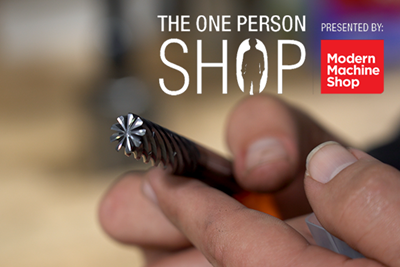
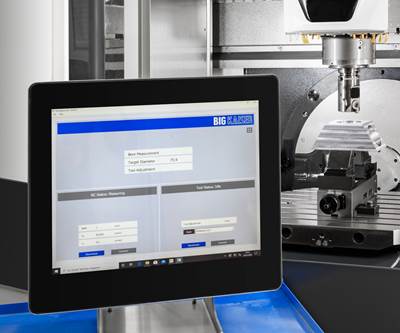
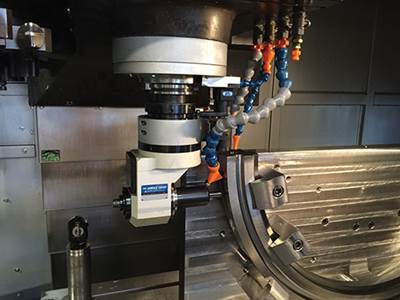
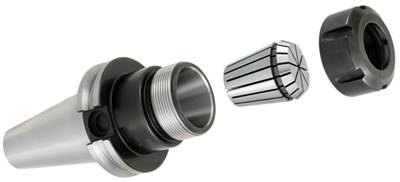
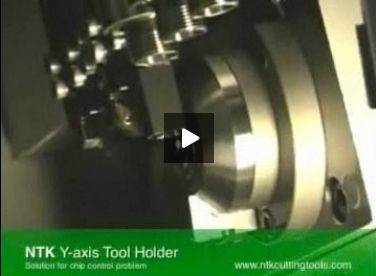












.png;maxWidth=300;quality=90)



